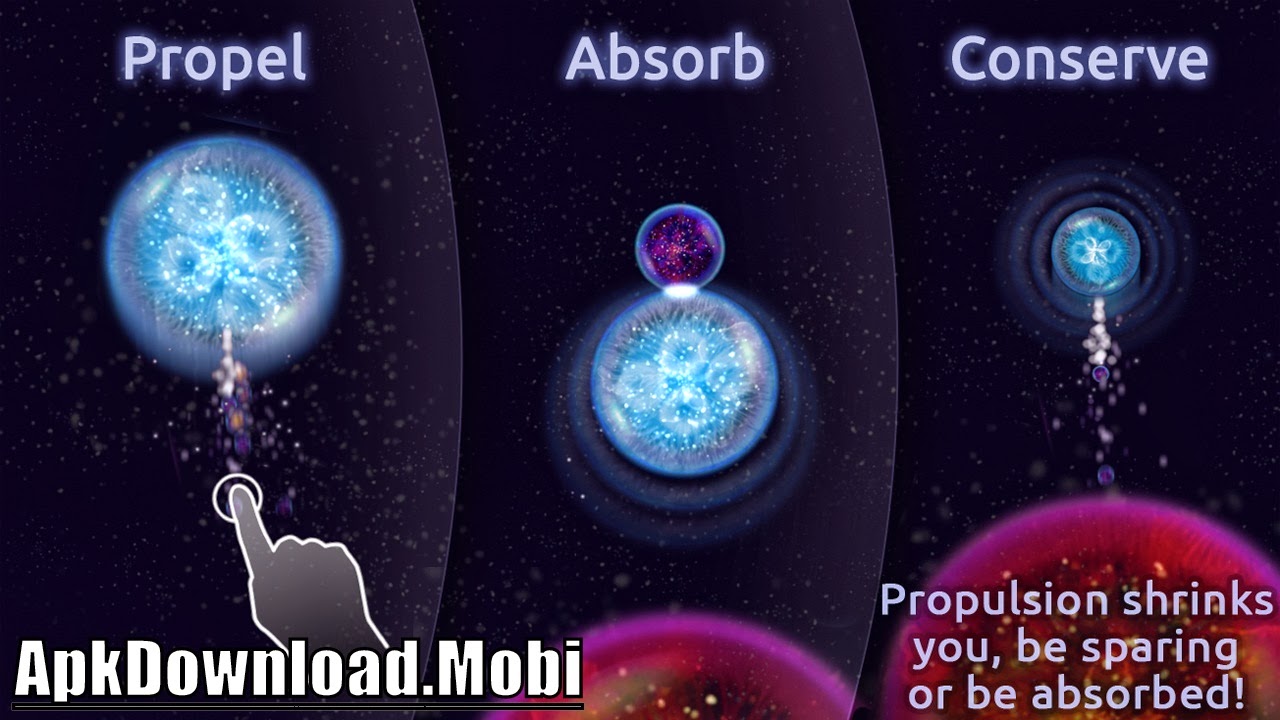
Many countries have set the target of “carbon net zero” until 2040 or 2050, but some scientists warn that the time has already arrived to act “urgently now” to reduce greenhouse gas (GHG) levels in the atmosphere, not after several years ( Qin et al., 2021). Global climate change and its effects are increasing, with climate-related disasters such as heat waves, droughts, floods, and wildfires piling up season after season ( Nakano, 2021). To the best of our knowledge, this was the first report using salty waste to reduce GHG emissions in a proper place, e.g., a manure storage tank. This amount of greenhouse gas emissions was reduced by ROC addition at 5 g Na +/L by 22 and 65 kg CO 2 eq./ton PS, considering GWP100 and GWP20 of CH 4, respectively, where most of the reduction was achieved during the storage process. Overall, 51.2 kg CO 2 eq./ton PS was emitted during the storage, while 8 kg CO 2 eq./ton PS was reduced by biogas production in the case of control, resulting in a total of 43.2 kg CO 2 eq./ton PS.

In the subsequent biogas production from the stored PS, more CH 4 was obtained by ROC addition due to the preservation of organic matter during storage. The results of the microbial community and activity test showed that sodium directly inhibited methanogenic activity rather than acidogenic activity. This decrease was found to be more intensive than that found upon adding pure sodium, which was caused by the presence of sulfate rich in ROC, resulting in synergistic inhibition. During 40 days of storage, 1.83 kg CH 4/ton PS was emitted, which was reduced by 7–75% by the addition of ROC at 1–9 g Na +/L. Simultaneously, pure NaCl was tested at the same concentration to compare and verify the performance of ROC addition. In the present study, we added the reverse osmosis concentrate (ROC) rich in salt to the pig slurry (PS) storage tank to reduce CH 4 emissions. The manure storage tank emits a significant amount of CH 4, which can diminish the environmental benefit resulting from the anaerobic digestion of manure that can generate renewable energy. GWP20 = 86), mitigating CH 4 emissions could have an early impact on reducing current global warming effects.


2Department of Global Smart City, Sungkyunkwan University (SKKU), Suwon-si, Gyeonggi-do, Republic of Korea.

1Department of Environmental Research, Korea Institute of Civil Engineering and Building Technology, Goyang-si, Gyeonggi-do, Republic of Korea.Seongwon Im 1, Sungwon Kang 1, Duksoo Jang 2, Gyeongchul Kim 3 and Dong-Hoon Kim 3 *


 0 kommentar(er)
0 kommentar(er)
